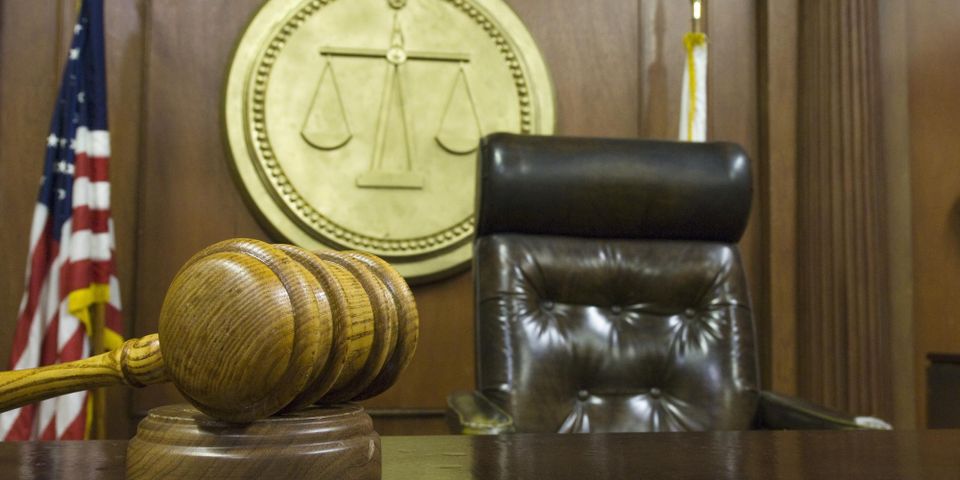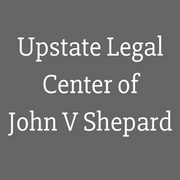
Anyone who creates an estate plan, is named a beneficiary, or takes on the role of executor should have a strong understanding of probate – the legal process by which a person’s assets are transferred and debts settled after they’ve passed. The purpose of probate is to validate a decedent’s will and prevent their estate from falling victim to fraud. Here are a few fundamental facts to know about this court-supervised proceeding before you start estate planning for yourself or become involved in the administration of someone else’s estate.
A Guide to New York Probate
When Is Probate Needed?
Not all estates are required to go through probate. If the value of an estate is less than $30,000, New York law will consider it a small estate and court supervision won’t be necessary for it to be settled. Only estates that exceed this value and lack a will are subject to probate. An example of when probate is necessary is when the children of a decedent are trying to take over ownership of property that has been left in a will. Probate would also apply in a situation where someone’s spouse died in a car accident and the other driver is being sued for negligence. The settlement or judgment award will need to pass through probate.
How Can Probate Be Avoided?
 Probate proceedings have the potential to be costly and time-consuming. For these reasons, many people use estate planning to help their beneficiaries avoid the process. In New York, you have the option to place your assets in a living trust, transfer property through joint ownership, add a payable-on-death designation to your bank accounts, and register stocks and bonds in transfer-on-death form. All these strategies will allow your assets to be distributed without going through probate.
Probate proceedings have the potential to be costly and time-consuming. For these reasons, many people use estate planning to help their beneficiaries avoid the process. In New York, you have the option to place your assets in a living trust, transfer property through joint ownership, add a payable-on-death designation to your bank accounts, and register stocks and bonds in transfer-on-death form. All these strategies will allow your assets to be distributed without going through probate.
How Will an Attorney Help?
If you’re dealing with the probate process as the executor or beneficiary of someone’s estate, it’s in your best interest to work with an attorney. Though not required by law, hiring a knowledgeable attorney will help you navigate the complex process and prepare for every contingency. Having a lawyer advocate for you is especially critical if you expect a decedent’s will to be contested. They’ll also assist you with the estate planning process to ensure your wishes are respected after your passing.
Although the probate process may seem overwhelming, there are ways to make it simpler. Upstate Legal Center of John V. Shepard in Rochester, NY, will help you accomplish your goals, whether it’s through effective estate planning or representation during probate proceedings. Offering more than three decades of legal experience, Attorney Shepard has a proven track record of success for clients dealing with probate law in Monroe County. To schedule a free consultation, call (585) 429-5422, or visit the firm online for more information on obtaining valuable counsel.
About the Business
Have a question? Ask the experts!
Send your question

